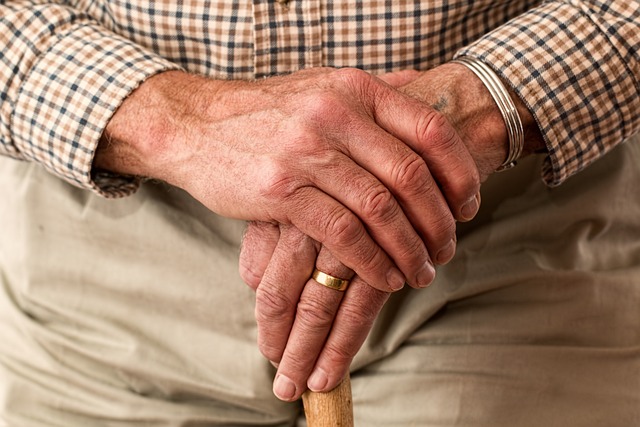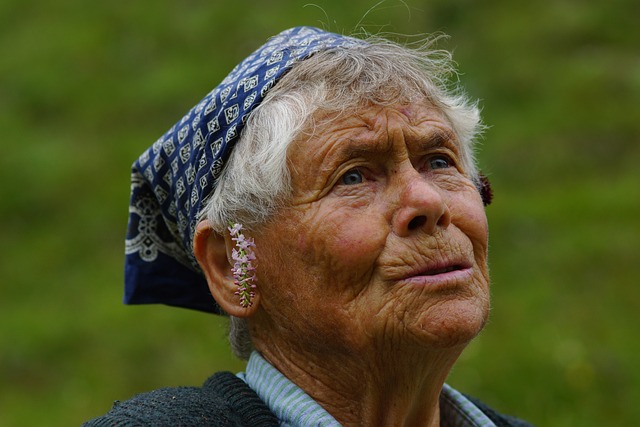Elderly Companion Services are crucial for supporting seniors in their homes, offering essential care, companionship, and assistance with daily tasks. To ensure safety and well-being, it's vital to choose experienced professionals who show genuine care. Creating a supportive home environment through organization, safety aids, personalized spaces, mental stimulation, and community involvement enhances the quality of these services, strengthening the caregiver-client bond and preserving seniors' independence and dignity.
“Elderly companion services at home have become increasingly vital as our population ages. This article explores the multifaceted benefits and impact of these services, offering insights into how they enhance quality of life for seniors. We’ll delve into choosing the right companion, providing practical tips for caregivers to create a supportive environment. Understanding elderly companion services is key to ensuring your loved ones receive the best possible care in the comfort of their homes.”
- Understanding Elderly Companion Services: Benefits and Impact
- How to Choose the Right Companion for Your Loved One
- Creating a Supportive Environment: Tips for Caregivers
Understanding Elderly Companion Services: Benefits and Impact

Elderly Companion Services are designed to provide essential support and companionship for seniors who require assistance with daily tasks while maintaining their independence at home. These services offer a wide range of benefits, from personal care and household assistance to social interaction and emotional support. For elderly individuals who may feel isolated or struggle with mobility issues, having a companion can significantly improve their quality of life.
The impact of these services extends beyond basic needs. Companionship helps combat loneliness, which is a significant health concern for seniors. It encourages a sense of community and purpose, fostering an environment where the elderly feel valued and connected. Moreover, it enables them to stay in familiar settings, promoting comfort and reducing the potential negative effects of moving to assisted living facilities. Companion services are a game-changer, ensuring that the aging population receives the care they need while maintaining their dignity and independence.
How to Choose the Right Companion for Your Loved One

Choosing the right elderly companion is a crucial decision, especially when it comes to ensuring your loved one’s safety and well-being. When selecting an Elderly Companion Service, consider their experience and training in caring for seniors. Look for professionals who are patient, kind, and have a genuine affection for the elderly. The best companions will not only assist with daily tasks but also offer companionship, engaging in conversations, and providing emotional support.
Research their background, check references, and verify their credentials. You want someone who understands the unique needs of your loved one, whether that’s assistance with medication, transportation, or simply someone to spend time with during the day. It’s important to find a companion who can build a rapport with your family members and becomes an integral part of the household, fostering a sense of comfort and security for your loved one.
Creating a Supportive Environment: Tips for Caregivers

Creating a supportive environment is essential for providing quality elderly companion services at home. Caregivers play a vital role in fostering a safe, comfortable, and engaging space that enhances the well-being of their senior clients. Simple yet effective tips include organizing the living areas to minimize tripping hazards and clutter, installing necessary aids like grab bars or ramps, and ensuring adequate lighting to promote ease of movement and independence. Personalizing the environment with familiar items, photos, and comfortable furniture can also boost seniors’ mood and reduce feelings of isolation.
Additionally, caregivers should encourage mental stimulation through regular conversations, engaging activities, and access to stimulating media. A supportive environment isn’t just physical; it’s about nurturing a sense of community and belonging. Caregivers can facilitate this by maintaining open lines of communication, respecting the senior’s privacy, and involving them in household decisions whenever possible. This approach not only creates a more pleasant living space but also strengthens the bond between caregiver and client, enhancing the overall quality of elderly companion services provided.
Elderly companion services at home provide a vital support system for aging individuals, enhancing their quality of life and independence. By understanding the benefits and choosing the right companion, caregivers can create a nurturing environment that fosters dignity and well-being. Implementing simple tips ensures a positive experience for both the elderly and their companions, making these services a valuable resource in today’s world.




